Updated: April 5, 2025
Dried herbs don't technically expire, but they lose potency over time. This guide explains exactly how long they last, how to tell when they're no longer fresh, and proper storage techniques to maximize flavor.
Table of Contents
- Do Dried Herbs Really Expire?
- Signs Your Dried Herbs Have Lost Flavor
- How Long Do Common Dried Herbs Last?
- Proper Storage Techniques for Maximum Freshness
- Creative Uses for Old Herbs
- Frequently Asked Questions
- When to Replace Your Herbs

Do Dried Herbs Really Expire?
Dried herbs don't spoil like perishable foods because moisture is removed during drying, eliminating bacteria and mold growth. However, their essential oils evaporate over time, causing significant flavor and aroma loss. This means while they're generally safe to consume, they become ineffective for cooking.
When herbs lose their characteristic scent and color, they've reached the point where they no longer contribute meaningful flavor to dishes.
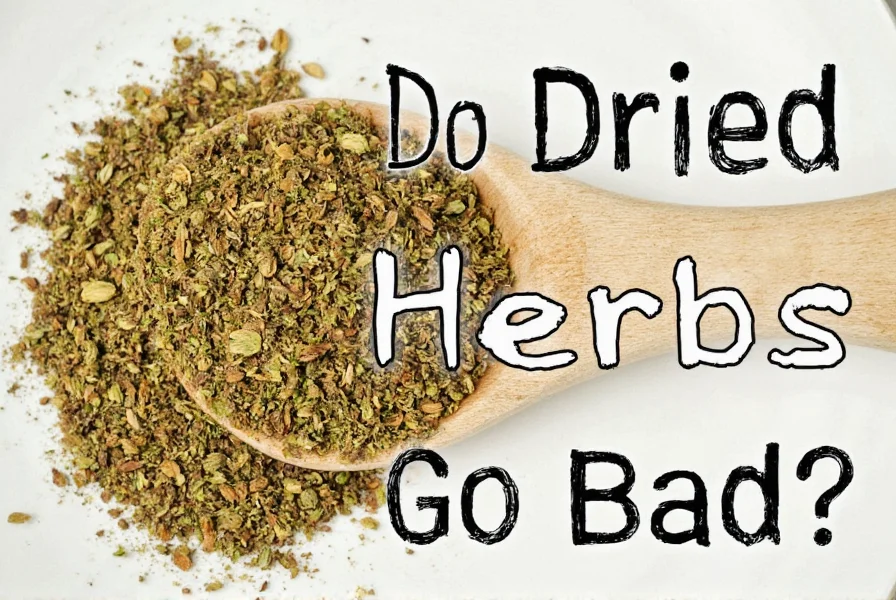
Signs Your Dried Herbs Have Lost Flavor
Use these simple tests to determine if your dried herbs are still effective:
- Faded Color: Vibrant green or deep brown herbs that appear dull or grayish have lost potency.
- Weak Aroma: Crush a small amount between your fingers. If you can barely detect any scent, the flavor is significantly diminished.
- Bland Taste: If adding the herb to food produces no noticeable flavor difference, it's time to replace it.
- Moisture Issues: Clumping or visible dampness indicates potential mold risk and requires immediate disposal.
| Visual Cue | What It Means |
|---|---|
| Grayish-brown color | Loss of potency |
| Musty or off smell | Possible contamination |
| Crunchy texture | Normal, but verify aroma for freshness |
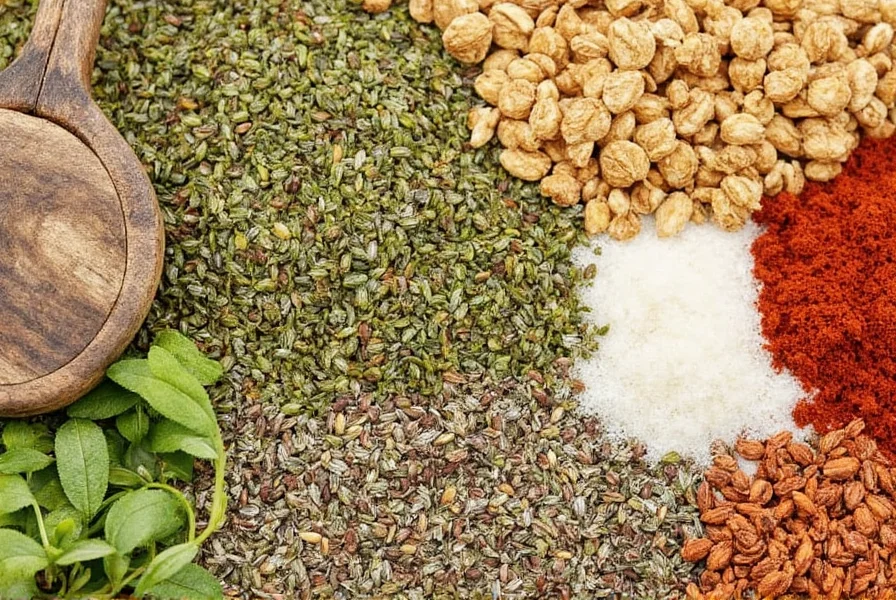
How Long Do Common Dried Herbs Last?
While there's no universal expiration date, most dried herbs maintain good flavor for 1-3 years when stored properly. Shelf life varies by herb type:
| Herb | Typical Shelf Life | Best For |
|---|---|---|
| Basil | 1-2 years | Pasta sauces, pesto |
| Oregano | 2-3 years | Pizza, Italian dishes |
| Rosemary | 3-4 years | Roasts, potatoes |
| Thyme | 2-3 years | Stews, soups |
| Dill | 1 year | Cucumbers, pickling |
| Sage | 2-3 years | Dressings, poultry seasoning |
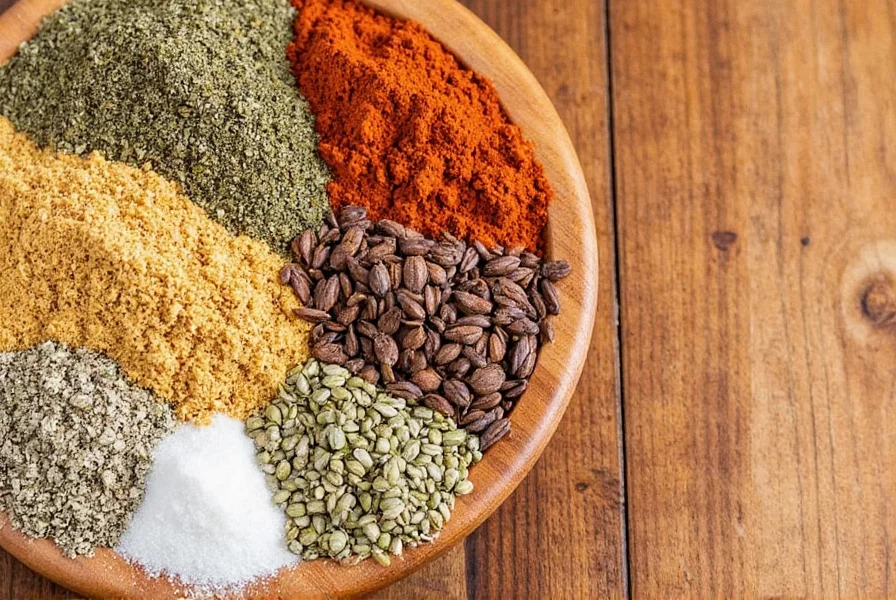
Quick Tip: Label Everything!
Always label each jar with purchase or opening date to track freshness without guesswork.
Proper Storage Techniques for Maximum Flavor
Storage conditions significantly impact how long herbs retain their potency:
- Airtight Containers: Use tightly sealed glass or metal jars to prevent oxygen exposure.
- Cool & Dark Location: Store away from heat sources and direct sunlight. UV light rapidly degrades essential oils.
- Minimize Moisture Exposure: Use dry utensils when handling herbs to prevent moisture transfer.
- Buy in Smaller Quantities: Purchase only what you'll use within a reasonable timeframe to avoid waste.
- Freeze Delicate Herbs: Basil and dill can be frozen in small portions for extended freshness.
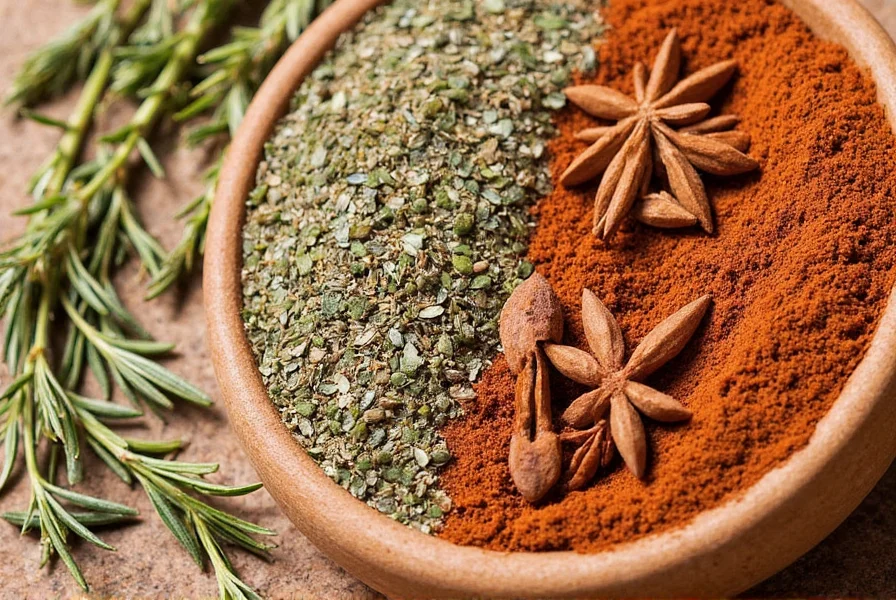
Creative Uses for Old Herbs
Even when herbs lose culinary value, they can still serve other purposes:
- Herb Vinegar: Infuse in white vinegar for salad dressings or marinades.
- Potpourri: Create natural home fragrance blends.
- DIY Sachets: Place in cloth pouches to freshen drawers and closets.
- Infused Oils: Warm with olive oil for aromatic cooking applications.
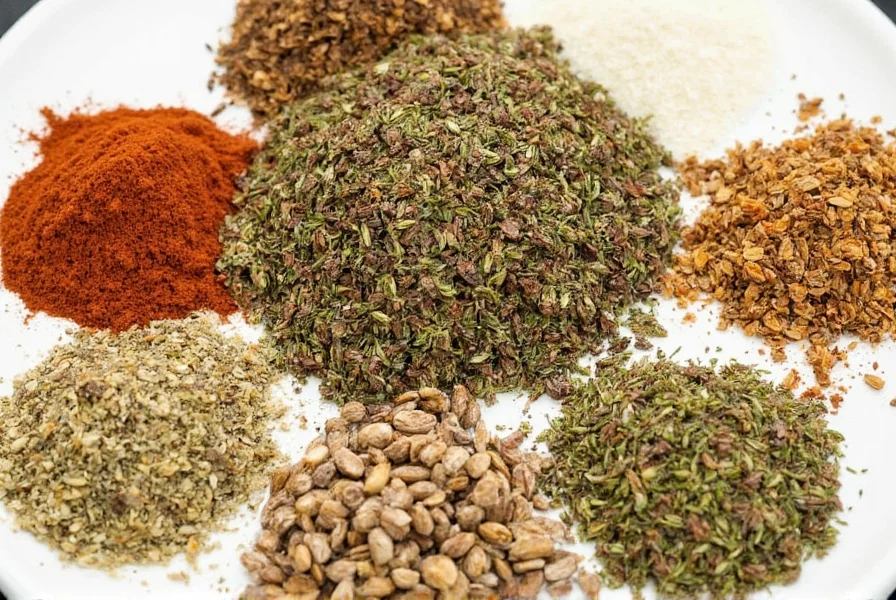
Frequently Asked Questions
Answers to common questions about dried herb shelf life and safety:
Do dried herbs actually expire or go bad?
Dried herbs don't technically expire in the sense of becoming unsafe to eat. Without moisture, they won't grow mold or bacteria under proper storage. However, they lose flavor and aroma over time (typically 1-3 years), making them ineffective for cooking. They won't make you sick but will result in bland dishes.
How can I tell if my dried herbs have gone bad?
Look for faded color (from vibrant to dull), weak aroma (crush a pinch - if you can't smell it, it's lost flavor), and bland taste in food. If herbs are clumped or show moisture, discard immediately as mold may be present.
Can old dried herbs make you sick?
Herbs that have simply lost potency won't make you sick. However, if moisture has caused mold growth (visible fuzz or clumping), they should be discarded immediately as mold can produce harmful toxins. Always inspect for unusual odors or visible mold before use.
How long do dried herbs last before losing flavor?
Most dried herbs maintain good flavor for 1-3 years when stored properly. Delicate herbs like basil and dill last 1-2 years, while hardier herbs like oregano, rosemary, and thyme can retain flavor for 2-4 years. Storage conditions greatly affect longevity - airtight containers away from light and heat maximize shelf life.
What's the best way to store dried herbs to maximize shelf life?
Store in airtight glass or metal containers away from light, heat, and moisture. Keep in a cool, dark pantry (not near stoves or dishwashers). Use dry utensils for handling, label containers with dates, and avoid transparent packaging. Delicate herbs like basil can be frozen in small, airtight portions for extended freshness.
Should I refrigerate or freeze my dried herbs?
Refrigeration isn't recommended due to moisture risks from condensation. Freezing can benefit delicate herbs like basil if stored in airtight freezer bags with air removed. Hardier herbs like rosemary and thyme don't require freezing when stored properly at room temperature.
When to Replace Your Herbs
Your spice collection doesn't need to become a flavor graveyard. By understanding shelf life and proper storage, you can ensure every dish benefits from vibrant, aromatic herbs.
Remember: you don't need to discard all old herbs immediately, but be honest about their effectiveness. If they no longer enhance your cooking, it's time for a refresh.
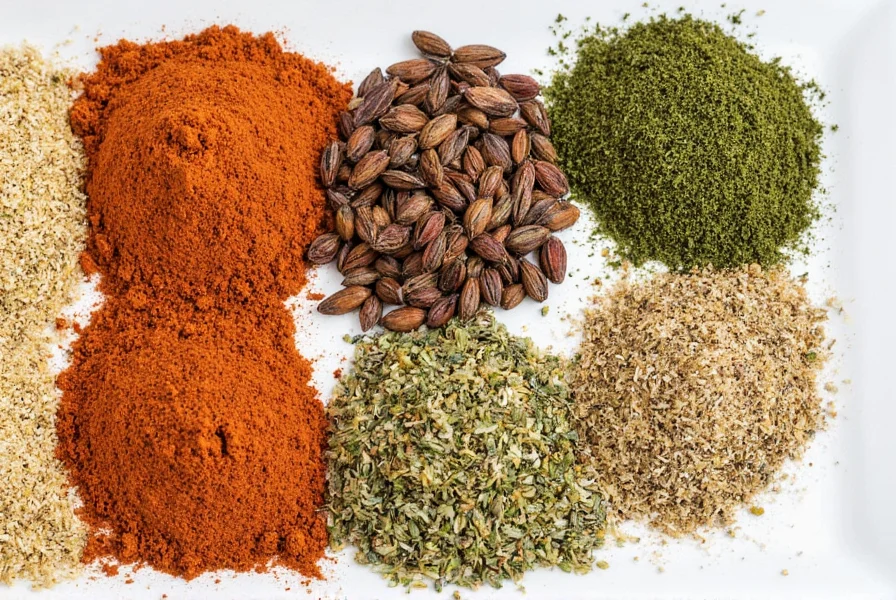
Happy cooking, and may your kitchen always smell amazing!

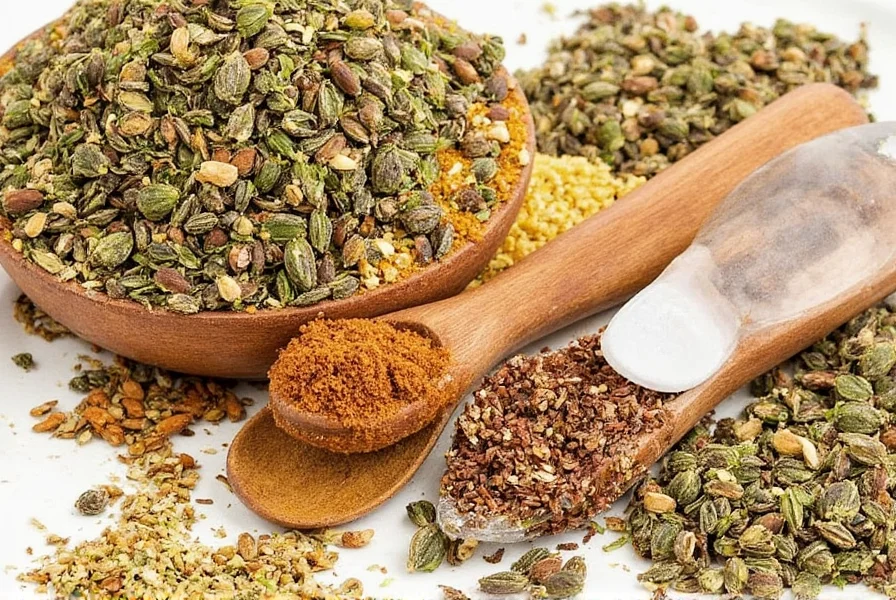









 浙公网安备
33010002000092号
浙公网安备
33010002000092号 浙B2-20120091-4
浙B2-20120091-4